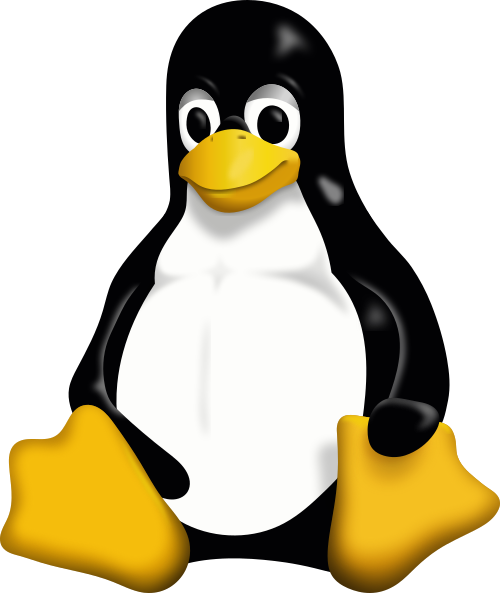Linux
More actions
 Tux, the Linux mascot. | |
| Release Status | Maintained |
|---|---|
| Last Release | 6.10-rc2, 2024-06-02 |
| Language(s) | C, Assembly, Rust |
| Developer(s) | Linus Torvalds, community contributors |
| Website | kernel.org |

Linux Kernel
The Linux kernel is the core component of the Linux operating system and is responsible for managing system resources, enabling hardware-software interaction, and providing essential services to user-space programs. Developed initially by Linus Torvalds in 1991, it has since become one of the most widely used kernels in the world, powering systems ranging from smartphones and servers to embedded devices and supercomputers.
Overview
The Linux kernel is a monolithic kernel, meaning it contains all the necessary code for managing the CPU, memory, file systems, device drivers, and networking, but it is modular in nature, allowing dynamic loading and unloading of kernel modules.
Architecture
Key Components
- Process Scheduler: Determines which process runs at any given time.
- Memory Manager: Manages allocation and deallocation of memory space.
- Virtual File System (VFS): Provides an abstraction layer over different file systems.
- Network Stack: Handles network protocols and communication.
- Device Drivers: Allow the kernel to communicate with hardware devices.
- System Calls: Interface between user space and kernel space.
Supported Architectures
The Linux kernel supports a wide variety of hardware architectures, including:
- x86 / x86_64
- ARM / AArch64
- MIPS
- PowerPC
- RISC-V
- SPARC
Development
The Linux kernel is developed collaboratively by thousands of developers across the globe. Contributions are managed via the Git version control system, and the official source code repository is hosted at git.kernel.org.
Key Maintainers
- Linus Torvalds – Lead maintainer and creator of the kernel
- Subsystem maintainers – Responsible for specific areas such as networking, file systems, and architecture-specific code
Release Model
The Linux kernel follows a rolling release model with a new stable version approximately every 9 to 10 weeks. Long-Term Support (LTS) versions are maintained for extended periods (up to 6 years or more).
Licensing
The Linux kernel is licensed under the terms of the GNU General Public License version 2 (GPLv2), which allows users to run, study, share, and modify the software.
Use Cases
The Linux kernel is used in a wide array of devices and systems:
- Android smartphones and tablets
- Web servers and data centers
- Desktop Linux distributions (e.g., Ubuntu, Fedora, Arch Linux)
- Embedded systems and Internet of Things (IoT) devices
- Supercomputers
See Also
External Links
References
The Linux kernel is a free and open source Unix-like kernel that is used in many computer systems and servers.
If you want to know about the source code, you can look https://www.kernel.org/
